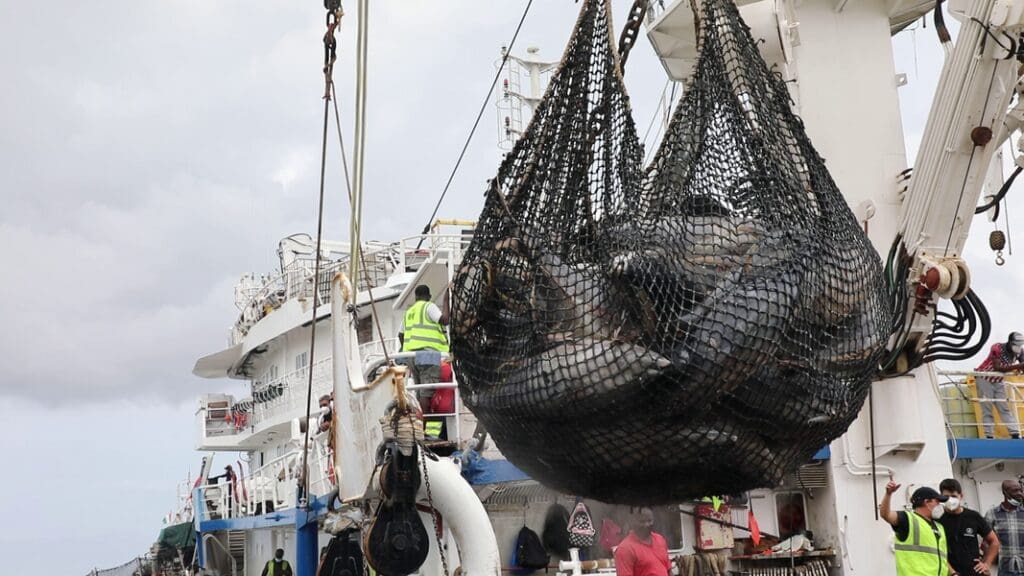The Ivorian government, through the Ministry of Animal and Fisheries Resources (MIRAH), in partnership with the Food and Agriculture Organization of the United Nations (FAO), is inviting potential investors to explore the promising opportunities offered by the blue economy in Côte d’Ivoire.
In this context, a Forum on Investment in the Blue Economy will be held on Friday, April 25, 2025, at the Sofitel Hôtel Ivoire in Abidjan. This event aims to serve as a platform for dialogue between government authorities, technical and financial partners, banking institutions, and private sector actors.
The forum’s objective is to showcase the growth potential of blue economy sectors and highlight their strategic role in Côte d’Ivoire’s drive for economic diversification and structural transformation.
“The blue economy sector holds great promise, yet it remains relatively unknown in Côte d’Ivoire. Through this forum, we aim to present investment opportunities in areas such as aquaculture, inland waterway transport, tourism, and ecotourism,” said Joseph Nyemah, FAO Representative in Côte d’Ivoire.
The blue economy encompasses all economic activities related to oceans, seas, lagoons, lakes, rivers, and coastal areas. It spans multiple sectors, including fisheries, aquaculture, maritime and inland water transport, coastal tourism, marine resource exploitation, and blue biotechnology.
Ensuring the sustainability of these resources requires policies that support the protection and restoration of aquatic ecosystems. In this regard, the FAO continues to support Côte d’Ivoire in optimizing the management of its aquatic wealth.
More than just resource exploitation, the blue economy is grounded in an integrated vision that seeks to stimulate economic growth while ensuring environmental sustainability and improving living conditions for communities.
In today’s global context—marked by climate change and increasing pressure on natural resources—the blue economy stands out as a strategic opportunity for coastal countries. It not only enables the diversification of growth sources but also strengthens food security and creates sustainable jobs, particularly for youth and women.
Source: apanews


